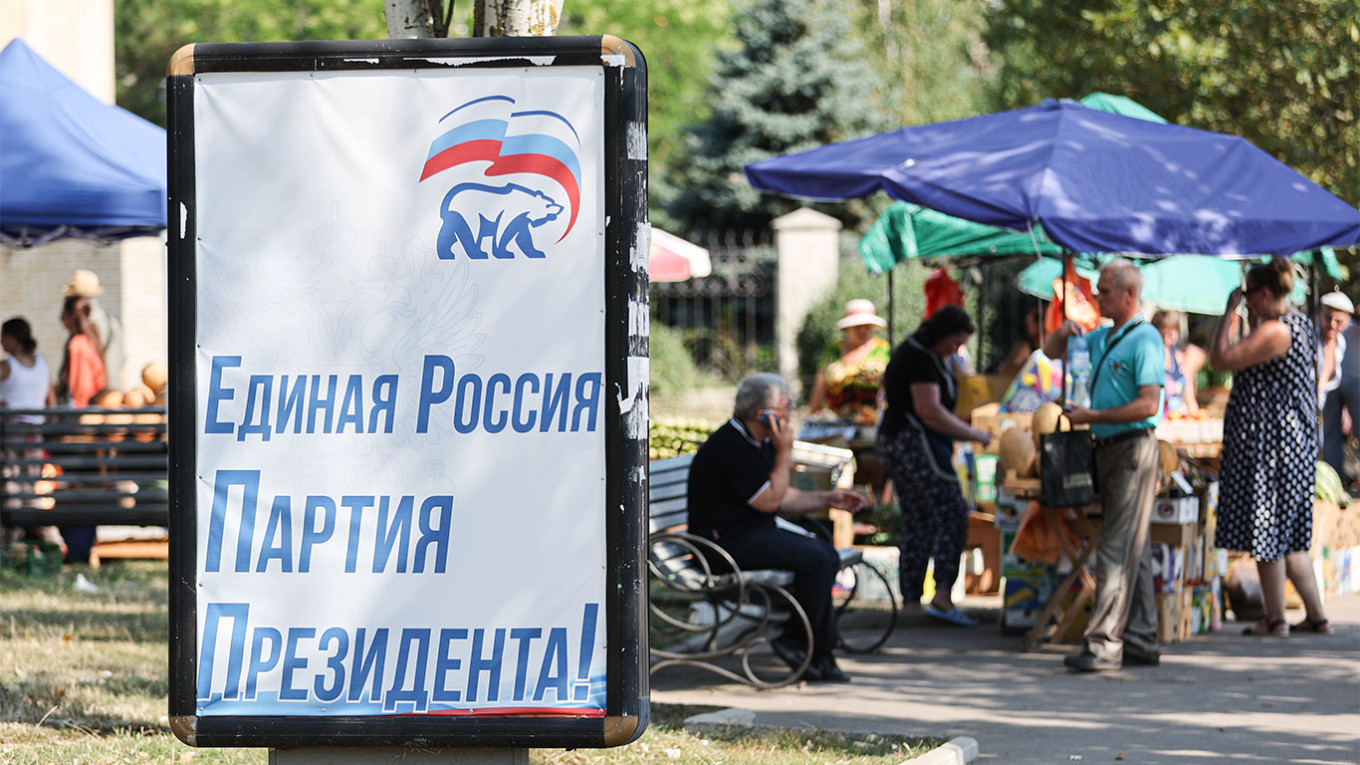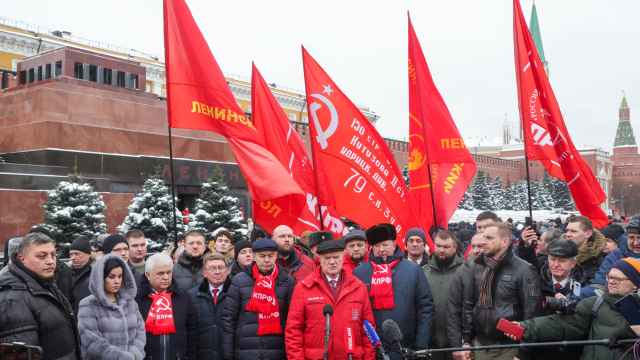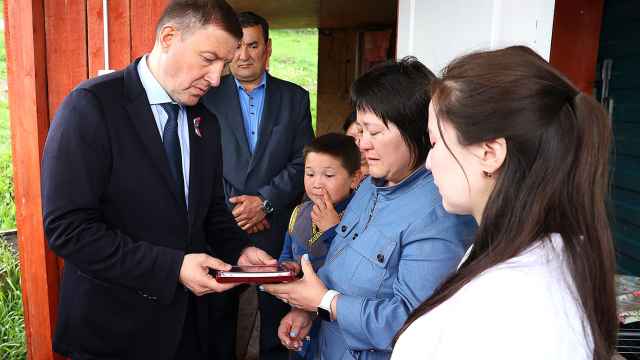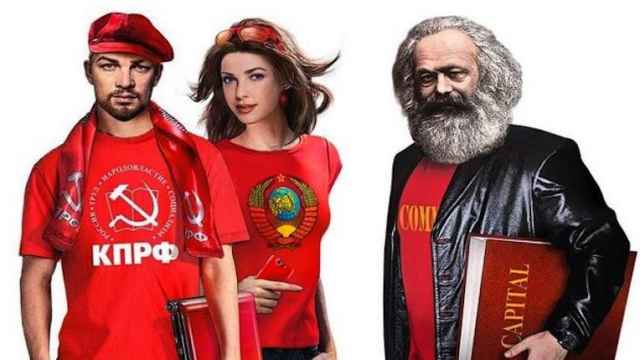Voters across Russia are set to cast ballots in regional and municipal elections starting Sept. 8 in which they will choose, among others, 21 regional heads and deputies for 16 regional parliaments.
Though the Kremlin’s tight grip on the electoral system and alleged widespread vote-rigging will ensure the victory of government-backed candidates in many of these races, it likely won’t emerge from the elections unscathed.
In dozens of regions and municipalities, members of the ruling, pro-Kremlin United Russia party are due to face strong competition from the country’s so-called “systemic opposition” as the popularity of the “party of power” appears increasingly uncertain.
The most intriguing campaign of this year’s electoral cycle has unfolded in the republic of Khakasia, where incumbent Communist Party (CPRF) member Valentin Konovalov is seeking re-election as the head of the mountainous Siberian region with a population of just over 530,000.
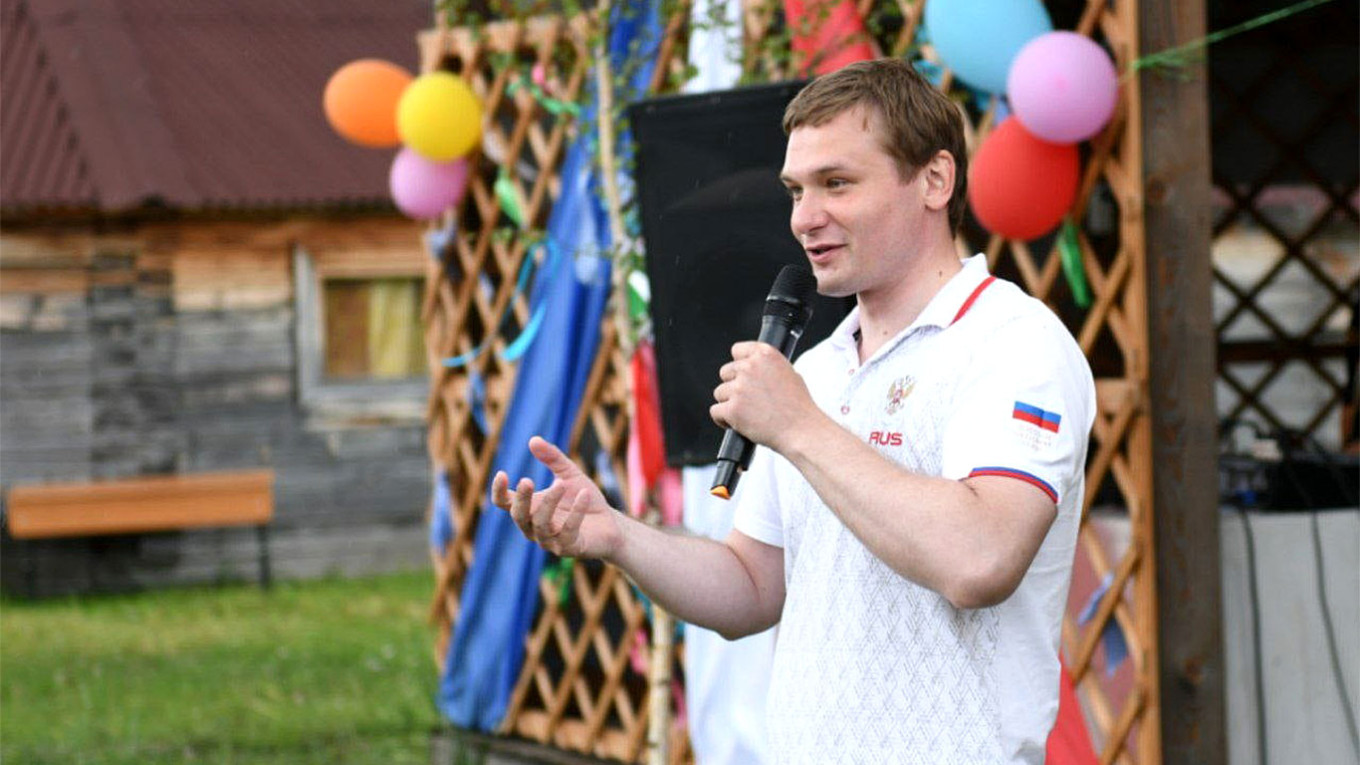
Konovalov, 35, was one of three opposition candidates to win in the 2018 gubernatorial elections following countrywide pension reform protests. Five years later — after the Khabarovsk region’s Sergei Furgal was imprisoned for double murder and the Vladimir region’s Vladimir Sipyagin was forced to resign — he remains the only one to have withstood the pressure from Moscow and retained enough public support to run for re-election.
The race in Khakasia has been closely watched by the Kremlin, which invested ample resources into United Russia candidate Sergei Sokol’s campaign. The 53-year-old was awarded the Order of Courage after allegedly spending several months fighting in Ukraine, but nevertheless remained largely unpopular among regional elites, whose support is key to executing policies.
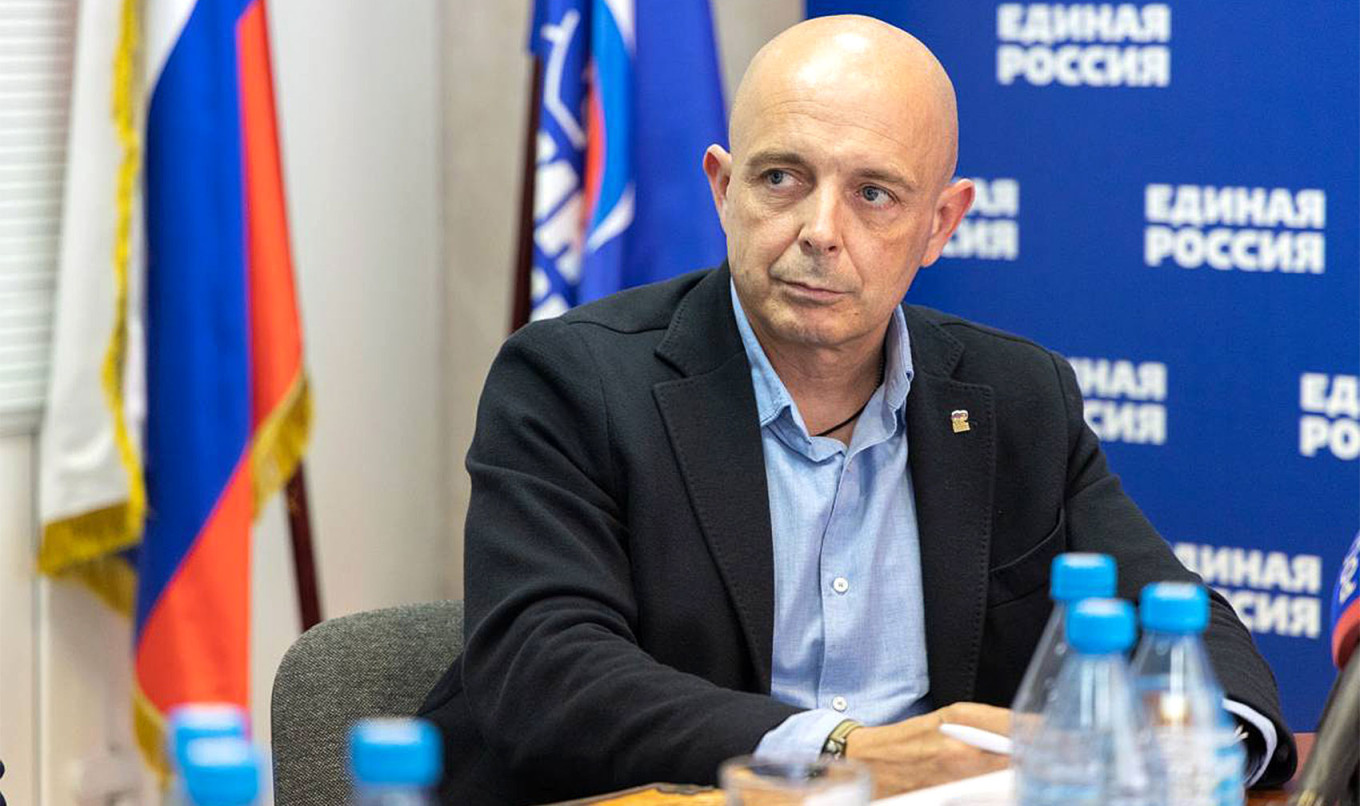
But following weeks of tireless campaigning — including multiple televised debates — Sokol unexpectedly dropped out of the race last week after he was urgently hospitalized in Moscow.
“I made a difficult but honest decision to withdraw my candidacy…Today I can’t give my all to the fight for the governorship,” Sokol wrote on Telegram on Saturday.
Observers said Sokol’s health issues could have been exaggerated to allow the Kremlin to withdraw an unpopular candidate from the race and avoid an embarrassing defeat.
“It is a desperate move [by the Kremlin] because Konovalov’s ratings were likely growing all this time, the elites were switching to his side and with them switched the voters,” surmised Stanislav Andreychuk, a head analyst and co-chair of the independent election monitor Golos.
In June, Vladimir Shtygashev, a veteran politician and chairman of Khakasia’s legislative body, known as the Supreme Council, resigned from United Russia after Sokol was appointed its regional leader. In a show of support for the incumbent Konovalov, Shtygashev then moved to join the ranks of CPRF and will lead the party in the upcoming election to the Supreme Council.
With Sokol gone, Konovalov’s only competition in the upcoming race will be Mikhail Molchanov of the Liberal Democratic Party (LDPR) and Vladimir Grudinin from the unaffiliated Communists of Russia party — both no match for the CPRF incumbent in terms of popularity.
But to say that the Kremlin is ready to give away the small republic to CPRF without a fight would be premature.
“It can’t be ruled out that the government will try to nullify the election results citing alleged falsifications or the misuse of administrative resources by Konovalov,” Andreychuk told The Moscow Times, noting that elections in Khakassia will go ahead under a personal oversight of Nikolay Bulayev, the deputy chairman of the Moscow-based Central Electoral Commission.
Still, Konovalov’s team remains optimistic about their chances of winning the race.
“Because we are an opposition party, we have enough difficulties, but they make us stronger and we will overcome them,” said Lyudmila Kaufman, a representative of CPRF’s Khakasia branch.
“The victory will be ours. Valentin Olegovich [Konovalov] will become the head of the republic again,” Kaufman told The Moscow Times.
Unlike in other regions, Khakasia’s government was successful in resisting the introduction of online voting — a ballot-casting process that is virtually sealed off from independent election observers and was first trialed by the Kremlin in 2021.
But widespread implementation of online voting is not the only way the Kremlin tried to ensure the victory of its candidates this year.
In the southern republic of Kalmykia — where Kremlin-installed regional head Batu Khasikov’s unpopularity is threatening United Russia’s prospects — the People’s Khural (local parliament) has changed its legislative elections system from one of party-list proportional representation to a mixed system and sought to further manipulate the vote’s outcome by last-minute gerrymandering of electoral districts.
In the Urals republic of Bashkortostan — a usual stronghold of the ruling party — CPRF was forced to publicly denounce and expel from the party vocal participants of this year’s mass environmental protests who were looking to compete in the elections to the Kurultai regional parliament. Protest leaders running as independent candidates were also refused registration.
And candidates from the social-liberal Yabloko party — the only party campaigning under a slogan implicitly opposing the war, “For peace and freedom!” — said they have had campaign materials confiscated by authorities, outdoor banners vandalized and received numerous online threats.
“We have to admit that we have been working under such conditions for many years. And we continue to win elections no matter what,” said Yabloko chairman Nikolai Rybakov.
Yabloko is running 211 candidates in elections across 20 regions, but its prospects are most promising in city council races in Russia’s fourth-largest city Yekaterinburg and in the city of Veliky Novgorod northwest of Moscow.
“There are a lot of parties that support [President Vladimir] Putin and his politics, and Yabloko is the only one that is against the acting regime and for peace. That is the choice to be made in 2023,” Rybakov told The Moscow Times in a message delivered through his press office.
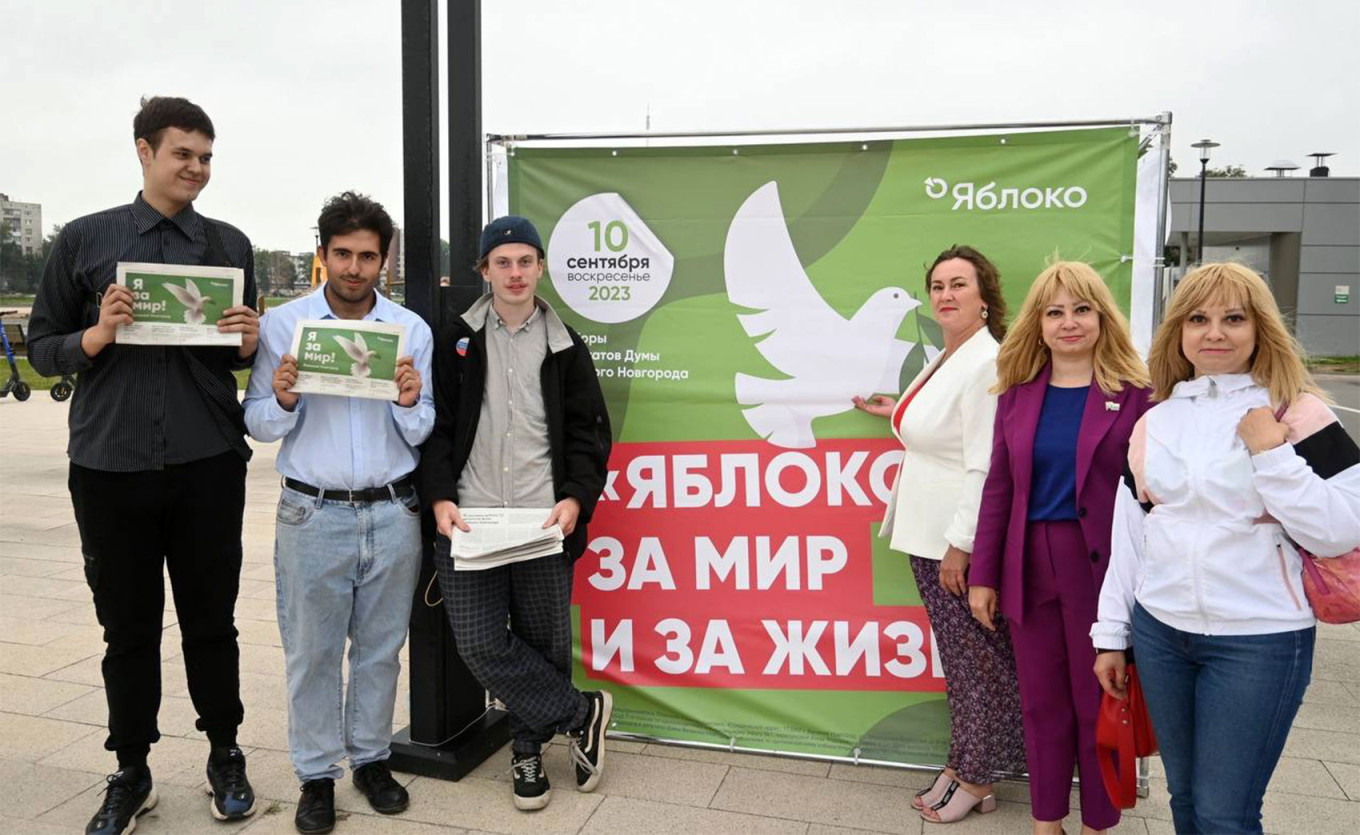
Russian independent media has closely followed the electoral campaign in the resource-rich republic of Sakha (Yakutia) — which saw some of the largest anti-war protests last year — not least because of the return of Sardana Avksentyeva, the once-popular independent mayor of Yakutsk, to regional politics.
The city’s first female mayor, Avksentyeva unexpectedly resigned from her post in 2021 — a move that observers say was likely made under pressure from the Kremlin — and joined Russia’s State Duma as a member of the newly formed New People party.
Avksentyeva’s sudden shift to federal politics angered many of her supporters in Yakutia who saw it as a betrayal, according to local observers. Yet she remains one of the most recognizable politicians in the republic and, perhaps, the only one who could try to face down incumbent head Aysen Nikolayev in the upcoming election.
Despite this, Avksentyeva is merely leading the New People’s electoral list in the regional parliament (Il Tumen) race — a move that surprised many, but was potentially made with the Kremlin's approval in order to improve the chances of re-election for the increasingly unpopular Nikolayev.
While Avksentyeva’s campaign has been marked by a careful criticism of the acting government, her decision to abstain from the key race may be rewarded by a guaranteed number of seats for the New People party in the newly formed parliament, Golos’ Andreychuk believes.
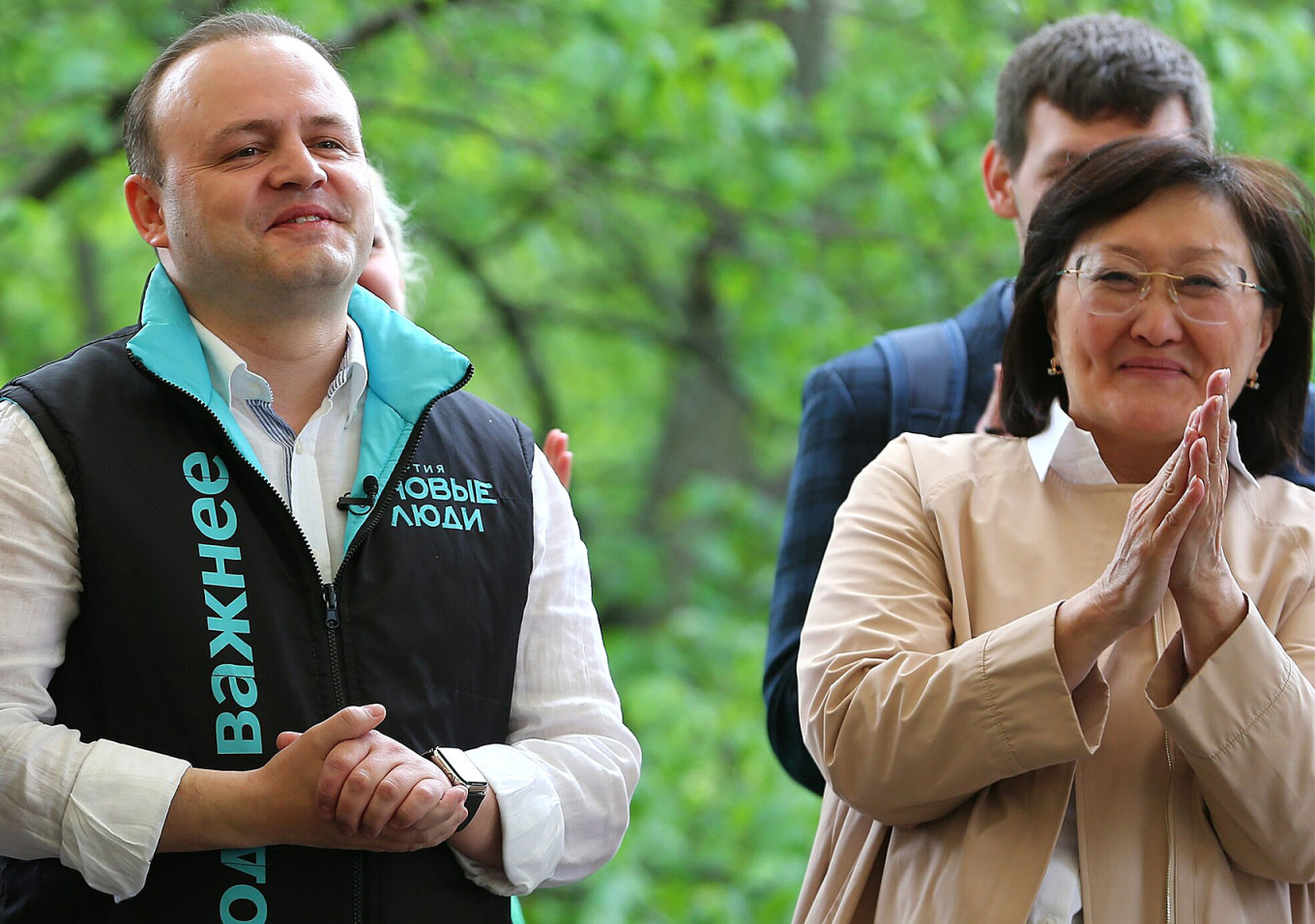
Avksentyeva’s press team did not respond to The Moscow Times’ request for comment.
Meanwhile, Nikolayev is bound to enter a virtually “sterile” and “least competitive … in history” race that will unfold before a largely politically apathetic electorate, according to a local observer affiliated with the Free Yakutia Foundation, the region’s largest anti-war movement.
“Yakutia’s residents view it as…a boring and staged bureaucratic ritual at best, at worst — as an unnecessary waste of money that is happening amid the war, the inflation and raging forest fires,” said the Yakutia-based observer, who requested anonymity to speak freely about political matters.
“The intrigue still exists only in the elections of village heads,” they added.
Races to parliaments and city councils are bound to witness small triumphs of the “systemic opposition” in several other regions, including the Zabaikalsky, Irkutsk and Arkhangelsk regions, as well as the Siberian city of Krasnoyarsk.
But no matter the scale of these victories, they are unlikely to catch the Kremlin off guard or pose a legitimate threat to its grip on power.
“The Kremlin won’t be surprised by the results, whatever they are,” Ben Noble, a professor of Russian politics at University College London, told The Moscow Times.
“Even if politicians from parties other than United Russia win office, the term ‘systemic opposition’ is key here — they have shown that they are willing to play by the rules set by the presidential administration.”
A Message from The Moscow Times:
Dear readers,
We are facing unprecedented challenges. Russia's Prosecutor General's Office has designated The Moscow Times as an "undesirable" organization, criminalizing our work and putting our staff at risk of prosecution. This follows our earlier unjust labeling as a "foreign agent."
These actions are direct attempts to silence independent journalism in Russia. The authorities claim our work "discredits the decisions of the Russian leadership." We see things differently: we strive to provide accurate, unbiased reporting on Russia.
We, the journalists of The Moscow Times, refuse to be silenced. But to continue our work, we need your help.
Your support, no matter how small, makes a world of difference. If you can, please support us monthly starting from just $2. It's quick to set up, and every contribution makes a significant impact.
By supporting The Moscow Times, you're defending open, independent journalism in the face of repression. Thank you for standing with us.
Remind me later.



